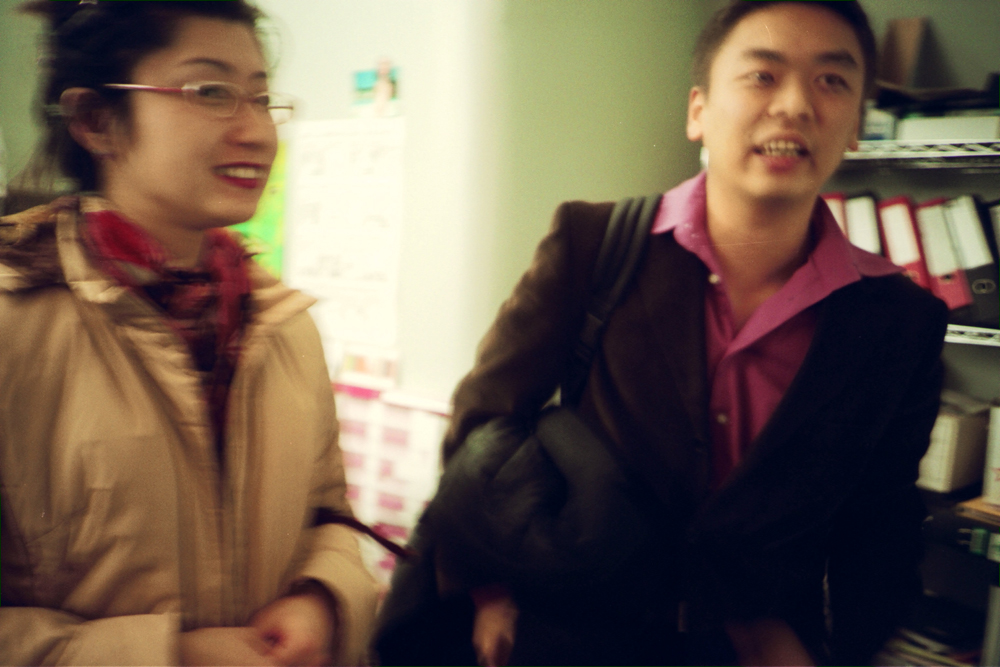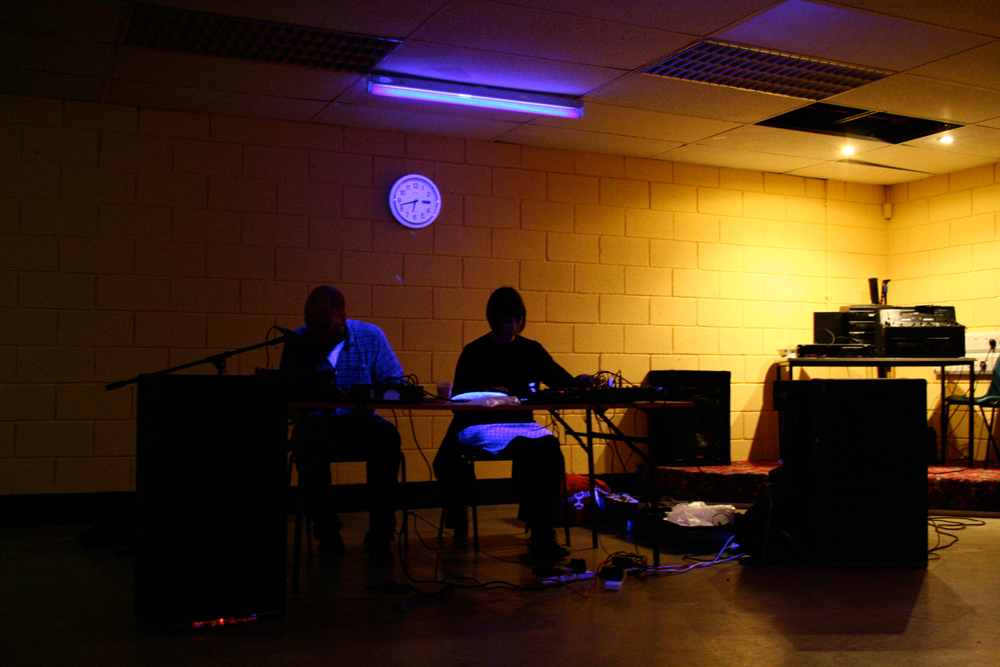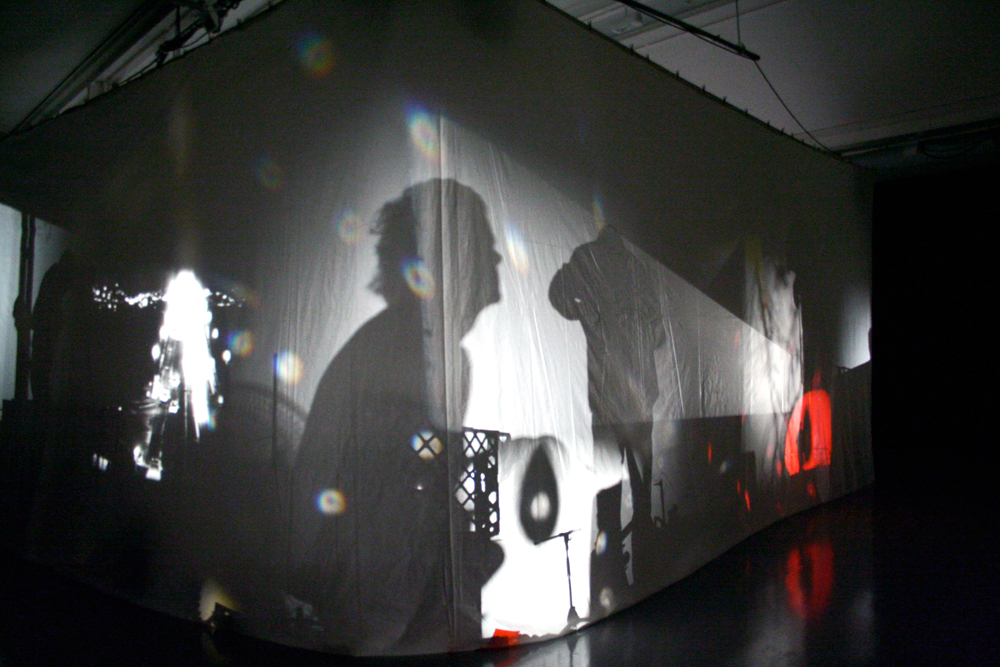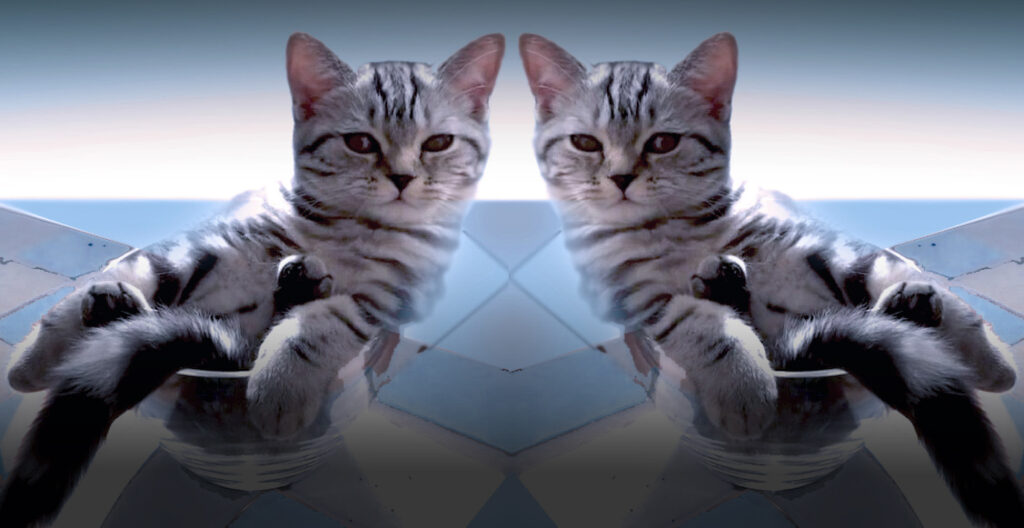
Life In Flight From Every Prison
Dean Spade Joshua Allen Tourmaline We Will Rise
Is there a link between the ways we’re caged and exiled by the prison-industrial complex and the ways people’s bodies are violently categorised and segregated by race, class, gender or ability?













